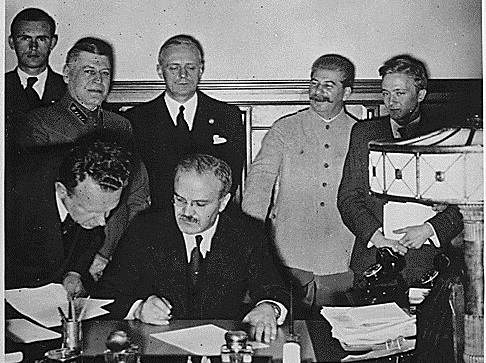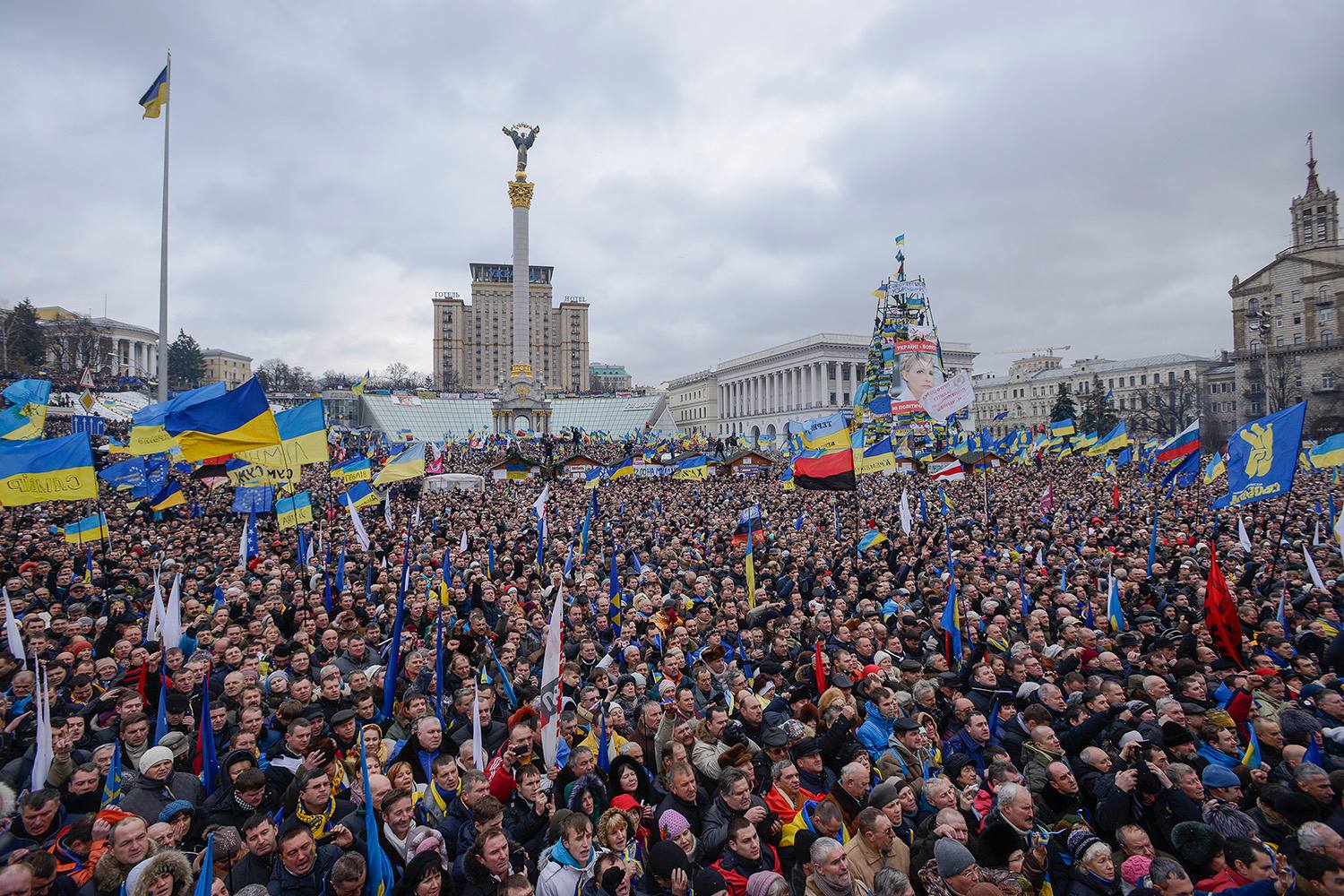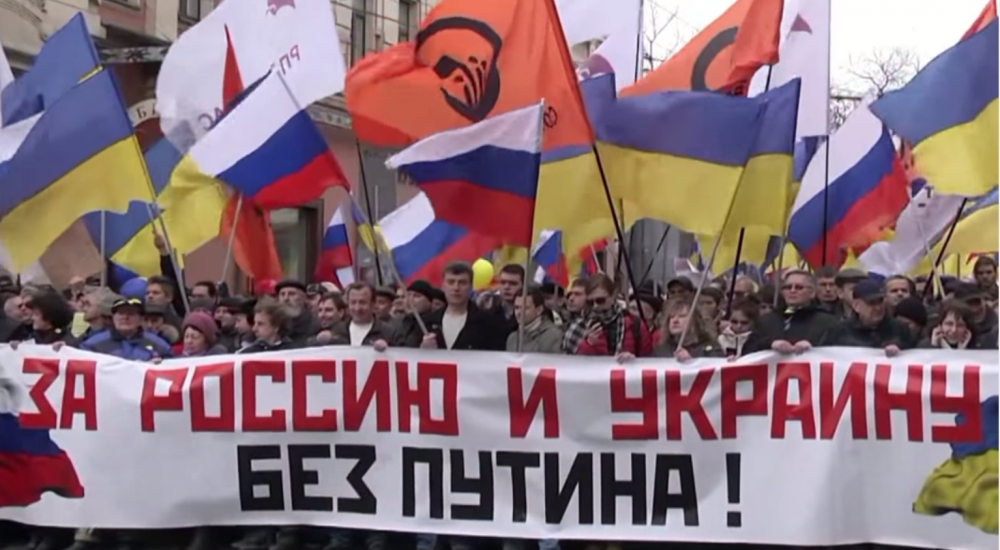The first rule of any government is that the state pays the people with guns charged with protecting the state first. A corollary of this is that the state keeps its word to military retirees, lest they, often an extremely large group, get angry and even more lest serving soldiers start to wonder what the future holds for them if the government doesn’t live up to its promises.
The Russian government is now violating this principle, having cut military retiree benefits over the last decade, failed to index military pensions for the last five years, and now talking about increasing the number of years an officer must serve before getting a pension from 25 to 30.
As a result, Anatoly Tsygankov, head of the Moscow Center for Military Prognostications, says, it is likely that many of the ten to twelve million Russian military retirees will decide to join opposition protest actions and vote against the government, steps that could cause serious problems for the regime.
Boosting the retirement age alone would save the Russian government 350 to 400 billion rubles (six to eight billion US dollars) a year, the backers of new draft legislation say and would be completely consistent with broader plans to increase the retirement age of Russians in all sectors, Versiya journalist Aleksandr Stepanov reports.
According to him, the political sensitivity of cutting military pension costs means that it is unlikely to happen before the 2018 presidential vote; but Stepanov points out that the government has failed for five years to meet its obligations to adjust military pensions for retirement, thus cutting the incomes of this group significantly.
One of the reasons the number of military pensioners in Russia is so large – roughly ten times as numerous as those in the US – is that so many positions in the state are occupied by people in uniform. Consequently, they constitute a major burden on the Russian budget and for some time have been the target of budget hawks.
Despite that, military pensions as of the start of 2017 averaged 21,300 rubles (350 US dollars) a month, far higher than the average Russian pension of 12,890 rubles (210 US dollars), thus allowing the government to believe that it would have popular support for cutting the pensions costs imposed by the military.
Any move to increase the retirement age would likely to be imposed incrementally and would have to deal with yet another problem: “almost a quarter of military personnel take their pensions early.” They receive less and some officials would like to prevent them from receiving even what they are due until they reach the civilian retirement age.
Military pensioners have been complaining to the government about past cuts – including cuts in housing and the absence of inflation adjustments – and are certain to oppose any such broader reduction in benefits achieved by increasing the retirement age as the government apparently plans.
But so far, they have not been heard, Stepanov says. As a result and as Tsygankov points out, they are increasingly angry not just about these specifics but about the government as a whole and may soon take their places in any new opposition demonstrations against the regime.
More seriously, however, although it is not a point Stepanov or Tsygankov address, some now serving in the Russian military may begin to ask questions about just how loyal they should be to a government than has shown that it is not prepared to meet its promises to them. If such attitudes spread, that could threaten the regime more than any new pensioner protests alone.
Related:
- Kremlin telling Russians to face falling living standards for years to come, Shelin says
- Russian regions in deep trouble: in most, only one household in five has money for more than food
- Russian Military Convoys are the Lifeblood of the Occupation of Donbas
- Since 1945, Moscow has been involved in a military action on average every 2 years
- Russian military’s spring draft shaped by demography and economics
- Three signs Russian military and its political bosses are in trouble
- The 75 Russian military units at war in Ukraine
- “Moscow can’t find builder for new military base on Ukrainian border” and other neglected Russian stories
- Chechen and Afghan echoes of Putin’s military operation in Syria






